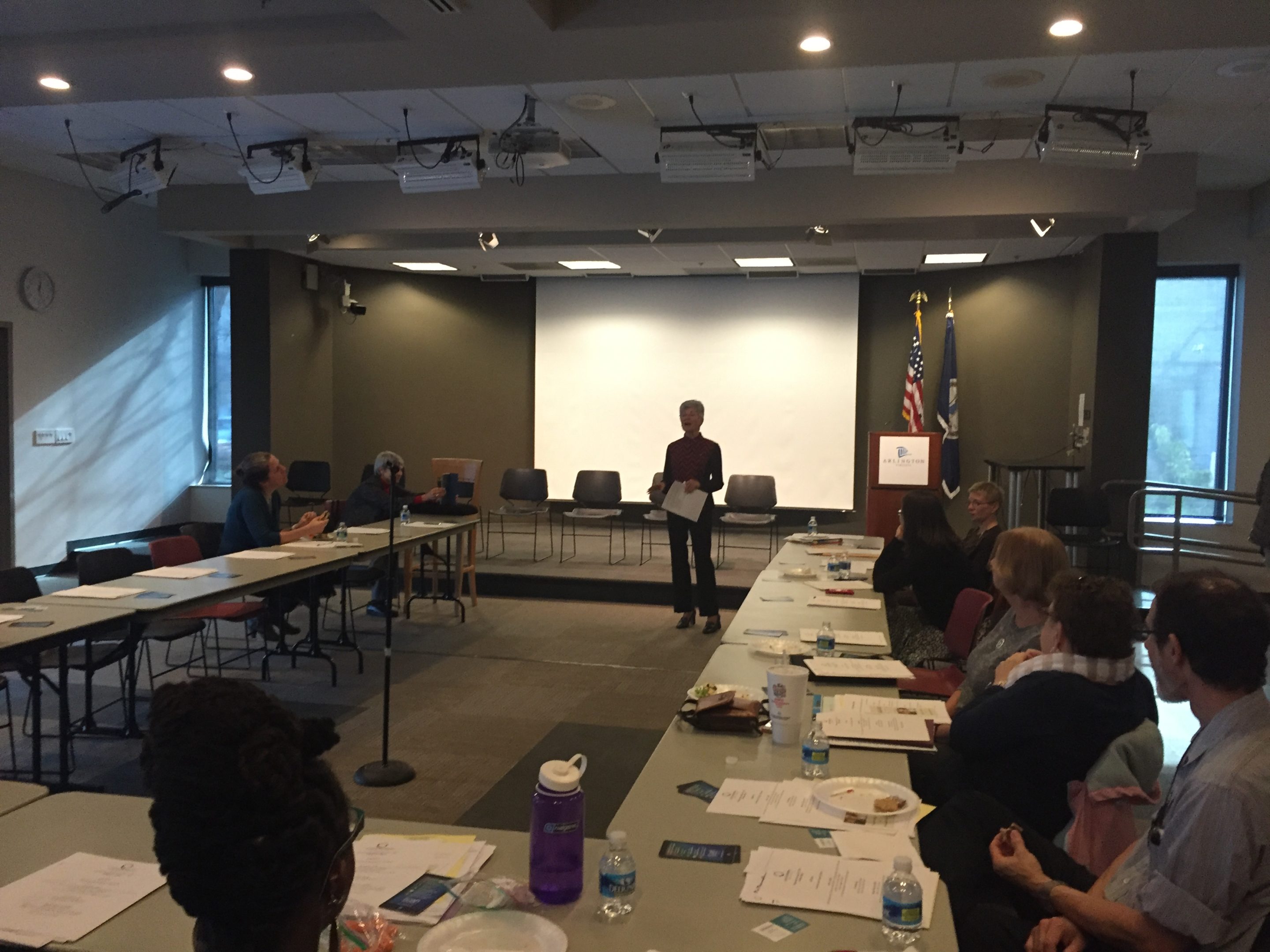December 17, 2015

Parenting is learned. Parenting is tough. Parenting changes every day because not only do parents change every day but children do, too. Parents look to professionals in the human resource fields for help. The best we can do for those families that we work with and that are a part of our lives is to give them support, model good parenting techniques and sound advice whenever possible.
Now imagine that the parents you are helping are separated or going through a divorce. You should still give them support, model good parenting, and provide sound advice whenever possible but you may also have to remind them that parenting is about their children, not about their relationship with one another. Fairfax County Public Schools Family and School Partnerships joined us for a discussion on Co-Parenting with our Allies in Prevention Coalition, and shared some helpful tips for effective co-parenting that we encourage you to share:
- Support a positive relationship between your child(ren) and your co-parent.
- Make your child’s transition from each home as peaceful and organized as possible.
- Treat your co-parent with respect – whether you feel it or not.
- Communicate often and share child-related information in a timely manner.
- Avoid unnecessary changes in the agreed upon schedule.
- Respect the time your child spends with your co-parent and avoid making plans for your child that may conflict with time at the co-parent’s home.
- Work as a parenting team, but respect boundaries between your two homes and personal lives.
- Resolve parenting disputes from a child-focused perspective.
- Keep your child(ren) out of the middle of disputes and adult matters (such as money).
- Encourage extended family to respect the co-parenting plan you develop and not to take sides or say disparaging things about either parent.
What if one parent is incarcerated, or one is overseas, or the relationship between the parents is so contentious that parenting is not happening? That is when parallel parenting should happen. The parallel parenting model is more formal, and may even involve a third party to resolve disputes and handle communications. Parallel parenting typically happens when parents’ feelings are “parent-focused” and not “child-focused.”
Regardless of the situation, there is evidence to support that a child needs both parents in their lives. Human service professionals need to provide those resources to parents so that the ultimate goal is a healthy and happy child.
Creative Resources:
- “Co-Parenting” Tips (plus downloadable fact sheets in English and Spanish) on SCAN’s Parent Resource Center.
- Our Family Wizard, a website offering divorced or separated parents an array of tools to easily schedule and track parenting time, share important family information, manage expenses as well as create an accurate, clear log of divorce communication.
- The Co-Parenting Toolkit, a book packed with new strategies including advanced versions of selected time-tested solutions from its partner, Mom’s House, Dad’s House.
Do you know of resources that might be helpful in working with separated or divorced parents? Please comment below!
– Tracy Leonard, Public Education Manager
[email protected]
